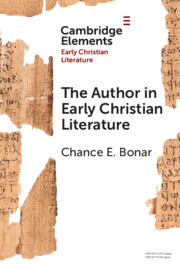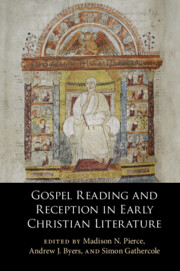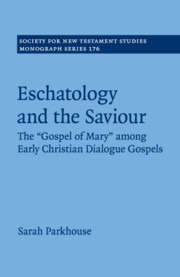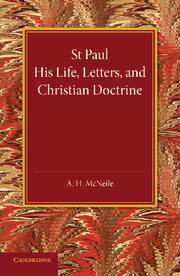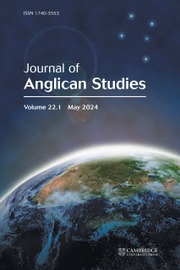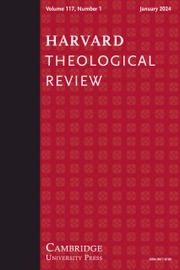The Author in Early Christian Literature
While scholars of ancient Mediterranean literature have focused their efforts heavily on explaining why authors would write pseudonymously or anonymously, less time has been spent exploring why an author would write orthonymously (that is, under their own name). This Element explores how early Christian writers began to care deeply about 'correct' attribution of both Christian and non-Christian literature for their own apologetic purposes, as well as how scholars have overlooked the function that orthonymity plays in some early Christian texts. Orthonymity was not only a decision made by a writer regarding how to attribute one's own writings, but also how to classify other writers' texts based on proper or improper attribution. This Element urges us to examine forms of authorship that are often treated as an unexamined default, as well as to more robustly consider when, how, for whom, and for what purposes an instance of authorial attribution is deemed 'correct.
Product details
February 2025Hardback
9781009481380
86 pages
229 × 152 × 6 mm
0.262kg
Available
Table of Contents
- 1. Authorial Choices in the Ancient Mediterranean
- 2. Coauthorship and Literate Labor in the Pauline+ Epistles
- 3. Centos, Heresy, and the Authorial Order of Christian Literature
- 4. Apologetic Orthonyms: Jewish Authors, Hellenic Historians, and Christian Catechesis
- Conclusion
- Bibliography.

